 Islamophobia and the duty of da’wah
Islamophobia and the duty of da’wah
by Salwa Rashad
“A girl like you should take off this burqa and start getting an education,” a middle-aged white woman told a 17-year-old Muslim girl at the dressing room of a respected health club.
The Muslim girl was shocked by these hostile comments but chose not to reply.
Later, she reported the harassment incident to the club’s manager. The manager apologized and assured her that this behavior is against their policy, and if it was repeated, he would take an action against the aggressor.
Also Read: Imaam Yakhsyallah: Nurture Love for the Prophet, One Will Be with Whom One Loves
Ironically, this Muslim girl is a national merit scholar who started her college education at one of the well-known universities at age 16.
In the middle of a friendly conversation, a receptionist at a medical clinic told a young Muslim mother who came to see a doctor for her baby, “You don’t know how to drive.”
In both cases, stereotypes and presumptions were absolutely wrong.
Cashiers at department or grocery stores often assume that Muslim women who wear scarves (in accordance with the Islamic dress code) do not speak English.
Also Read: Thanksgiving: An Islamic Perspective
One Muslim girl put it this way: “Do I need to wear a shirt with labels saying ‘I speak English, I know how to drive, I have an education’ so that the general public don’t think otherwise just because I am devoted to my religion and covering my hair?”
Anti-Muslim Hate: Why Dawah is Our Top Priority
Since September 11, 2001, the damage of planned media campaigns against Islam and Muslims has been increasing exponentially with time. “Hateful, negative rhetoric regarding Muslims is on the increase both in tone and frequency. It has almost become socially acceptable to engage in bigoted and racist speech about Muslims.”
“More frightening is the reality that the hateful thoughts and speech can turn into hateful, even violent action, which can ruin an innocent person’s life,” Karen J. Dabdoub, the director of the Cincinnati office of the Council on American-Islamic Relations (CAIR), Ohio, USA, wrote in the Enquirer.
Also Read: Achieving the Position of Fasting Expert with Kindness of Morality
Islamophobes are aggressively organizing propaganda that portrays Islam as a foreign religion that came with the backward, violent Arabs, who oppress women and deny them their rights of education, driving, working, or even leaving their homes. This completely distorted image is ingrained in the minds of the majority of the American public as a result of organized efforts by bigoted figures.
Daniel Pipes, a critic of “Islamism,” has proposed the creation of a new “Anti-Islamist Institute” (AII), designed to expose legal political activities of “Islamists,” according to Jim Lobe of the Inter Press Service News Agency (IPS).
The draft of a grant proposal by Pipes’s Middle East Forum (MEF), obtained by IPS, reads, “In the long term … the legal activities of Islamists pose as much or even a greater set of challenges than the illegal ones.”
“Pipes is also working with Stephen Schwartz on a new ‘Center for Islamic Pluralism’ (CIP) whose aims are to ‘promote moderate Islam in the U.S. and globally’” and to oppose the influence of extremists,” Lobe writes.
Also Read: The Power of Charity in Ramadan
“The ‘extremists,’ according to the CIP proposal, are mainly represented by … an array of organizations consisting of CAIR, the Islamic Society of North America (ISNA), the North American Islamic Trust (NAIT), the Muslim Students’ Association of the U.S. and Canada (MSA), the Muslim Public Affairs Council (MPAC), as well as ‘secular’ groups, including the Arab-American Institute (AAI) and the American Arab Anti-Discrimination Committee (ADC),” he adds.
Muslim civil rights organizations, such as CAIR, are working day and night to counteract the effects of such campaigns. But they are limited in number and resources compared to Islamophobes. The American people are victims of the biased and racist media propaganda. Ordinary American citizens do not have the time or motivation to filter the information fed to them through media outlets.
Leaving this destructive tide unchallenged could lead to serious consequences: For instance, some Muslims — especially the young — will be forced or tempted to deviate from the authentic teachings of Islam in order to be called liberal or progressive. On the other hand, those who have strong beliefs will be persecuted for false allegations; they will be labeled extremists, isolated, and discriminated against.
We Must Unite for the Sake of Da`wah
Also Read: Ramadan Brings the Change
To preserve genuine Islam in the West, every sincere Muslim has an obligation to educate as many people as they can about Islamic beliefs and values.
Islam is a complete way of life. We must adjust our lifestyle to our religion — not the other way round. That is, we cannot twist the laws of Allah and His message to fit our convenience or to please a person or group.
To accomplish this noble mission, Muslims need to coordinate and unite their efforts to withstand the plots that aim at distorting Islamic teachings under slogans like “Reforming Islam” or “Promoting Liberal Islam.” We need to focus our energy in passing the genuine message of Allah to humanity.
In order to do this, we must begin to unite. The Muslim community in the West is so diverse that Muslims end up getting segregated in clusters. Not only is this disunity totally against the spirit of Islam, it also makes Muslims much less effective in pursuing their goals or acting as a powerful minority that can positively influence the societies they live in.
Also Read: Ramadan, the Month of Education
Muslims in the West need to put aside cultural differences developed from their ethnicity or original country and consider their Islamic identity as the only source for a unified Islamic culture.
Muslims from every background should review all their customs and traditions, give up what is national but not Islamic, and preserve only what is compatible with the Quran and Sunnah. Every Muslim must make learning the Arabic language a high priority. In their golden days, Muslims used the language of the Quran to communicate.
Developing a unified set of customs and social behaviors that is based on Islamic teachings and communicating in one language will act as strategies to develop a united Muslim community. (T/P3/R01)
Mi’raj Islamic News Agency (MINA)
Also Read: Come on Do I’tikaf
The views expressed in this article are the author’s and do not necessarily reflect those of mirajnews.com
Sources:
1. OnIslam
2. http://muslimvillage.com
Also Read: During Ramadan, Merit and Good Deeds are Multiplied





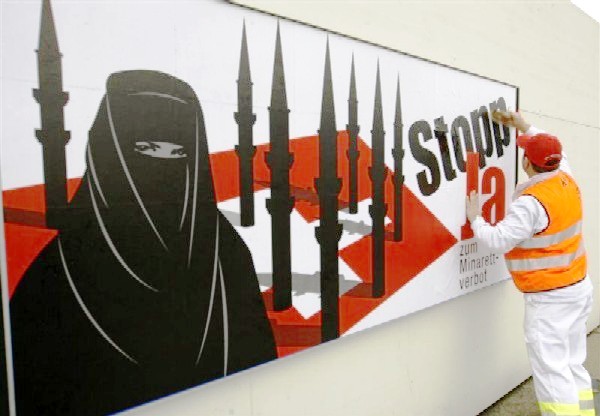

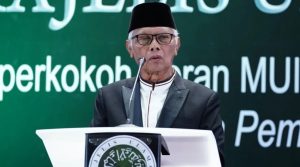
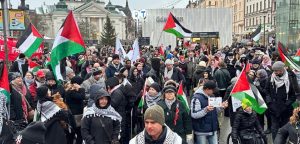
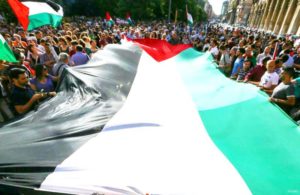


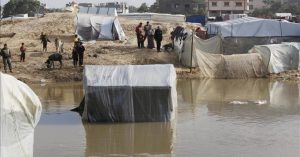
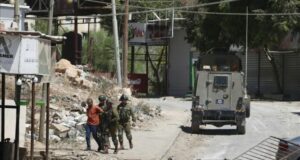



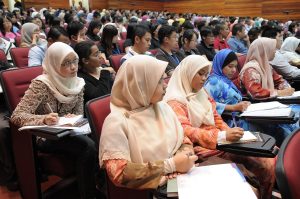
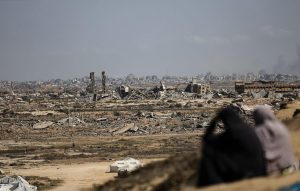

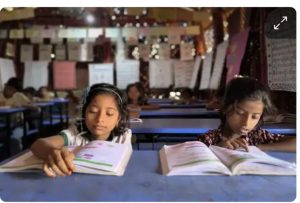











 Mina Indonesia
Mina Indonesia Mina Arabic
Mina Arabic